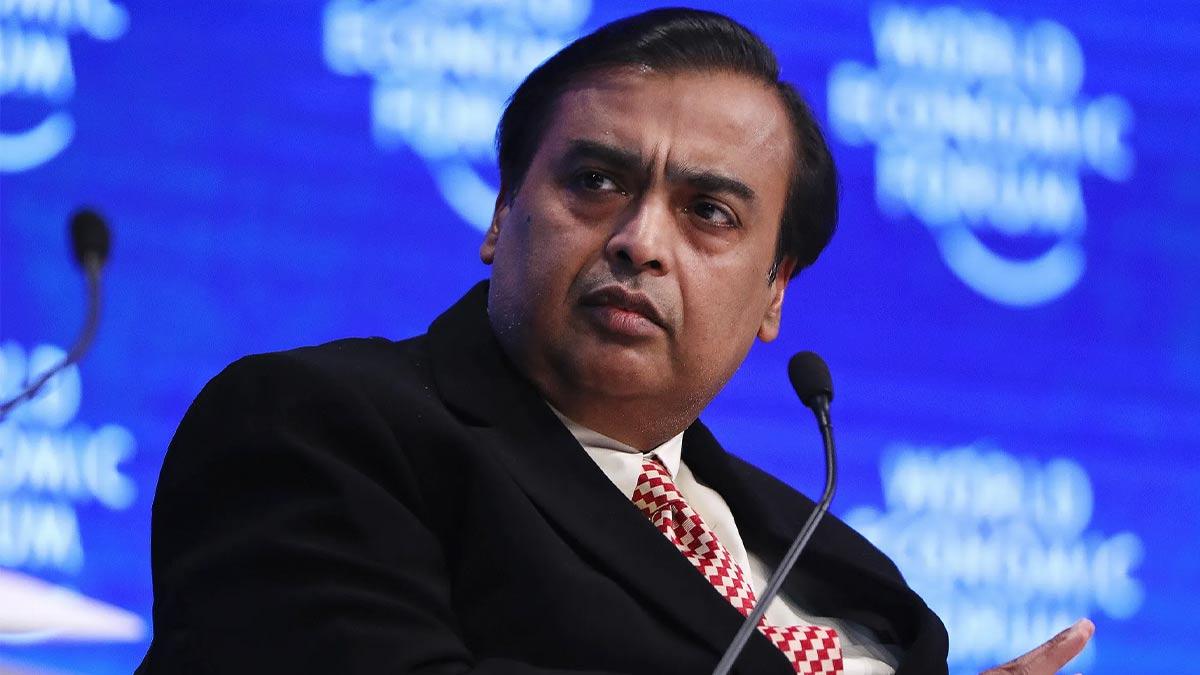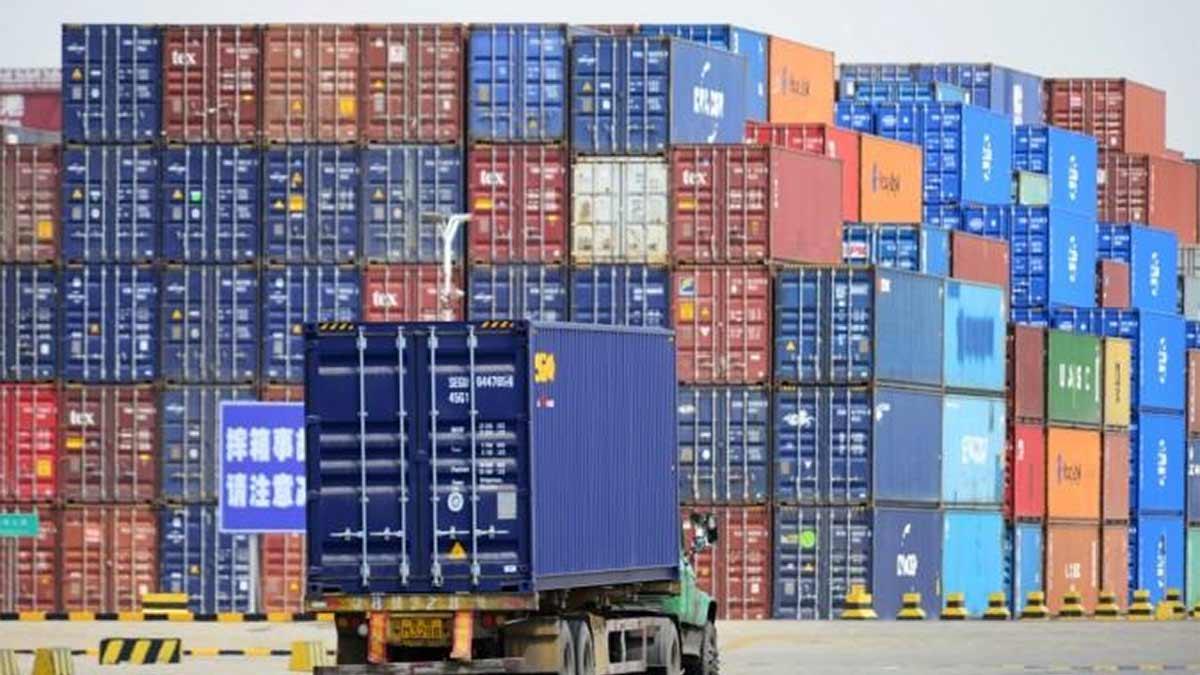India was one of the top picks among equity markets, according to a recent Morgan Stanley report published on Wednesday, thanks to strong macroeconomic fundamentals and adequate stimulus support.
The international brokerage, reviewing the new US administration and changing landscape, included India among its key core overweight (OW) recommendations along with other primary markets like Japan, Singapore, and the UAE.
The company displayed caution towards markets such as Taiwan and New Zealand, but took a neutral position regarding Korea and Australia, which witnessed a reweighting from underweight to equal weight (EW).
India, together with Australia, has a moderate proportion of exports and overall revenues in US listed equities. India's major sectors are healthcare and IT services, while industrials are the focus of Australia. Morgan Stanley has a relatively robust view of financial earnings, supported by good capital ratios and favorable asset quality expectations for most of its coverage.
The report especially favored Singaporean, Indian, Chilean, UAE, and Japanese financial sectors, citing strong prospects. For more defensive equity selections, the company suggested markets with high domestic exposure and economies protected by strong macro conditions or generous stimulus policies. India with 75% domestic exposure was one such market, followed by the Philippines (91%) and Malaysia (68%). Conversely, the company recommended caution in Thailand and Indonesia because of concerns regarding domestic growth.
In addition, another Morgan Stanley report issued on Tuesday highlighted India's comparatively low beta, which has served to keep it performing well despite the global market selloff, even while the index is approaching multi-month lows. The report credited this outperformance to a number of India-specific drivers, such as dovish RBI policies, stimulus efforts in the form of GST rate reductions, and a prospective trade agreement with the US. The company also mentioned low food inflation and declining crude oil prices as major factors that would support stable levels of food and non-food inflation in the country.
Read also| US Set to Raise Tariffs on Pharmaceutical Products, Targets China First
Read also| India's Forex Reserves Climb to $676.3 Billion, Marking Fifth Consecutive Weekly Gain


















